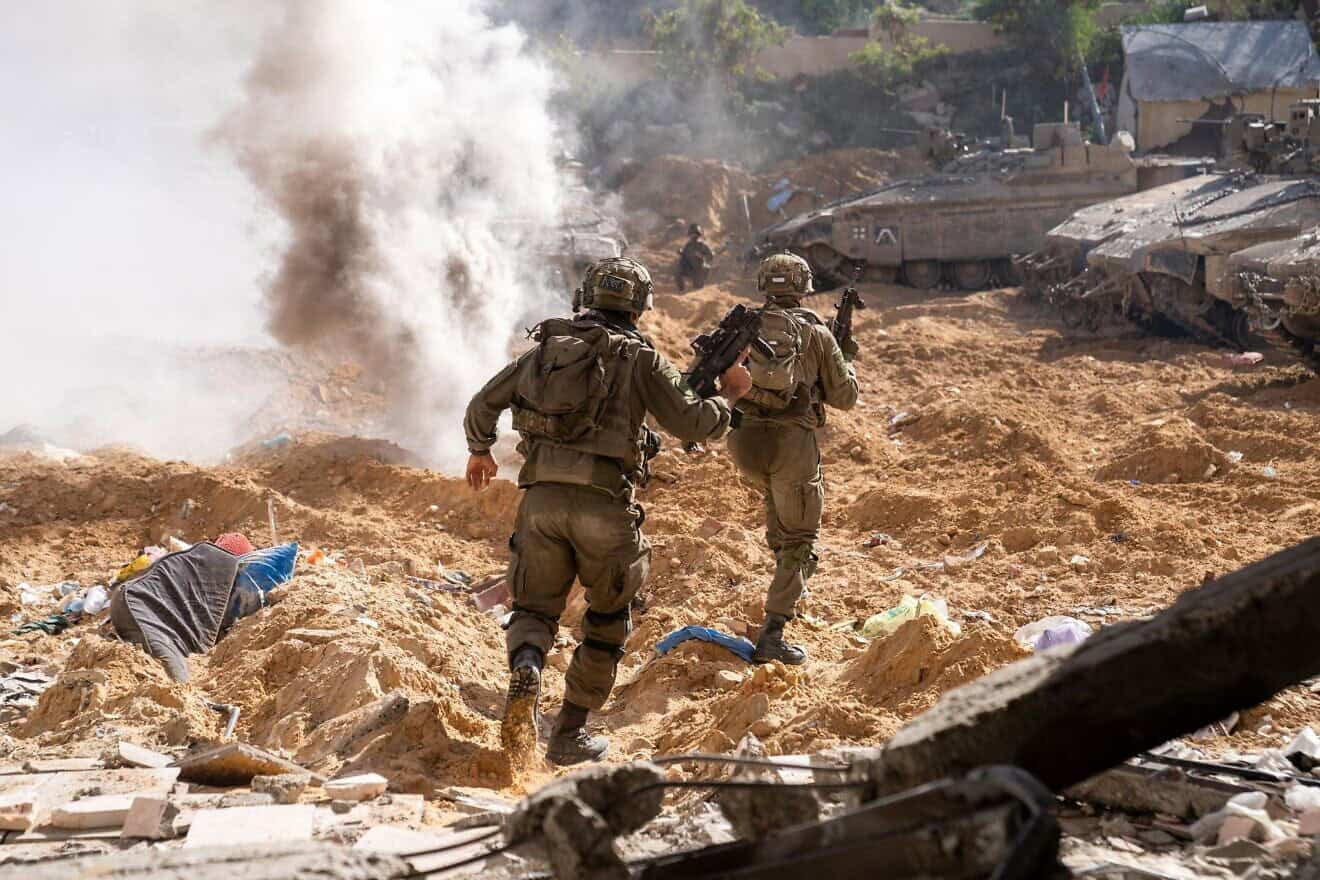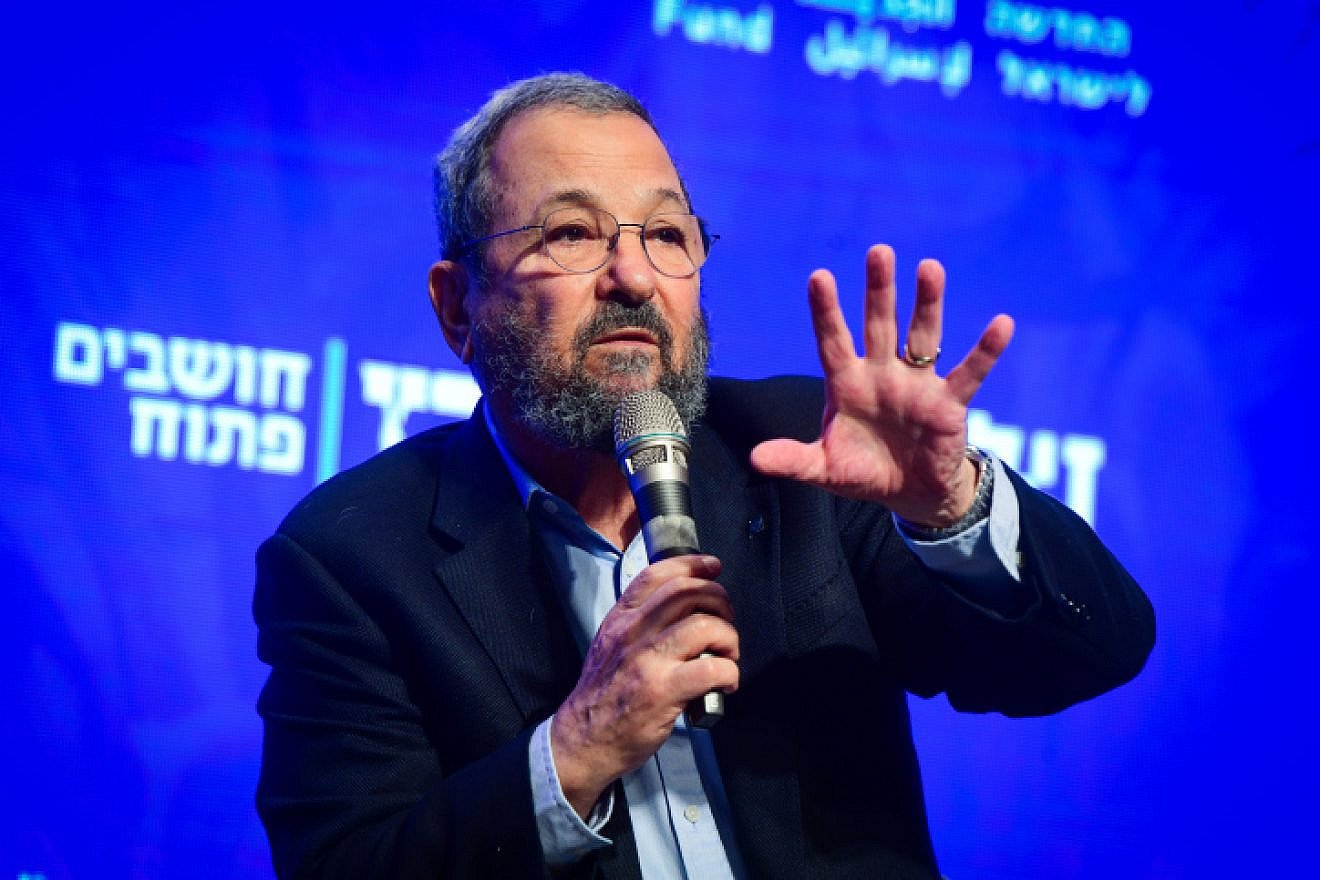 Samolot PLL LOT (zdjęcie ilustracyjne) (Fot. Roman Bosiacki / Agencja Wyborcza.pl)
Samolot PLL LOT (zdjęcie ilustracyjne) (Fot. Roman Bosiacki / Agencja Wyborcza.pl)
 Atak w okolicach lotniska w Tel Awiwie. PLL LOT i Wizzair zawieszają połączenia z Warszawy i Krakowa
Atak w okolicach lotniska w Tel Awiwie. PLL LOT i Wizzair zawieszają połączenia z Warszawy i Krakowa
Rafał Górski / Jerzy Adamiak/PAP
Rakieta balistyczna uderzyła w okolice głównego portu lotniczego w Izraelu, lotniska Ben Guriona, 15 km na południe od Tel Awiwu. – Pocisk uderzył w zagajnik przylegający do jednej z dróg technicznych na terenie lotniska – poinformował portal Times of Israel. Pocisk spadł na drogę dojazdową do głównego terminalu. Izraelskie służby poinformowały o kilku lekko rannych osobach oraz półgodzinnym wstrzymaniu operacji lotniczych.
Niedzielny atak ma swoje reperkusje dla osób podróżujących do Izraela. Linie lotnicze Lufthansa, Delta, British Airways i Air India poinformowały w niedzielę po południu, że ze względu na bezpieczeństwo pasażerów zawieszają połączenia z Tel Awiwem. Z kolei Polskie Linie Lotnicze LOT poinformowały, że wieczorne loty z Warszawy i Krakowa zostały odwołane.
– Wieczorny lot w niedzielę rejsowego samolotu PLL LOT z Warszawy do Tel Awiwu został odwołany. Na lotnisko Ben Guriona nie odleciał również samolot LOT-u z Krakowa” – powiedział Polskiej Agencji Prasowej rzecznik LOT-u Krzysztof Moczulski. Dodał, że decyzje ws. późniejszych połączeń PLL LOT będą podejmowały po analizie sytuacji na lotnisku Ben Guriona pod kątem bezpieczeństwa.
Węgierski Wizz Air ogłosił, że wstrzymuje wszystkie loty do Tel Awiwu na 48 godzin, do wtorkowego poranka. Grupa Lufthansa, do której należą też austriackie oraz szwajcarskie linie lotnicze, a także tani przewoźnicy jak Eurowings oraz udziały we włoskich liniach ITA Airways, przekazała, że zawiesza połączenia z lotniskiem Ben Guriona do wtorku.
Amerykańska Delta odwołała niedzielne i poniedziałkowe połączenia między portem Ben Guriona a nowojorskim lotniskiem JFK. Linie lotnicze United latające z amerykańskiego lotniska Newark do Izraela wstrzymały te rejsy co najmniej do czwartku. British Airways odwołał loty do Tel Awiwu do środy. Do wtorku zawieszono loty Air India na lotnisko Ben Guriona – przekazały indyjskie linie lotnicze.
Air France na razie anulowały rejsy w niedzielę.
Swoje połączenia czasowo zawiesiły też m.in. linie Iberia, Ryanair, Air Canada, Nippon Airway i Azerbaijan Airlines.
Jak podaje PAP, bez zakłóceń działają na razie przewoźnicy izraelscy, El Al, Arkia i Israir, oraz m.in. greckie linie Aegean, flydubai ze Zjednoczonych Emiratów Arabskich czy Ethiopian.
Do ataku przyznała się rebeliancka grupa Huti. To rebelianci z Jemenu, wspierani przez Iran od początku wybuchu wojny w Strefie Gazy. Specjalizują się w atakach rakietami i dronami. Niedzielny atak był piątym, w ciągu ostatnich dwóch dni. Jednak większość pocisków lecących w stronę Ziemi Świętej jest przechwytywana przez izraelską armię. Tym razem system obrony zawiódł.
Rzecznik Huti Jahja Saria oświadczył, że użyto „hipersonicznego pocisku balistycznego”. Dodał, że atak został przeprowadzony “w odwecie za zbrodnie ludobójstwa Izraela na mieszkańcach Strefy Gazy”.
Do podobnego ataku doszło w marcu. Wtedy systemy zadziałały i rakieta wystrzelona w lotnisko Ben Guriona padła łupem obrony powietrznej.
Redagował Wojciech Tymowski
Zawartość publikowanych artykułów i materiałów nie reprezentuje poglądów ani opinii Reunion’68,
ani też webmastera Blogu Reunion’68, chyba ze jest to wyraźnie zaznaczone.
Twoje uwagi, linki, własne artykuły lub wiadomości prześlij na adres:
webmaster@reunion68.com



